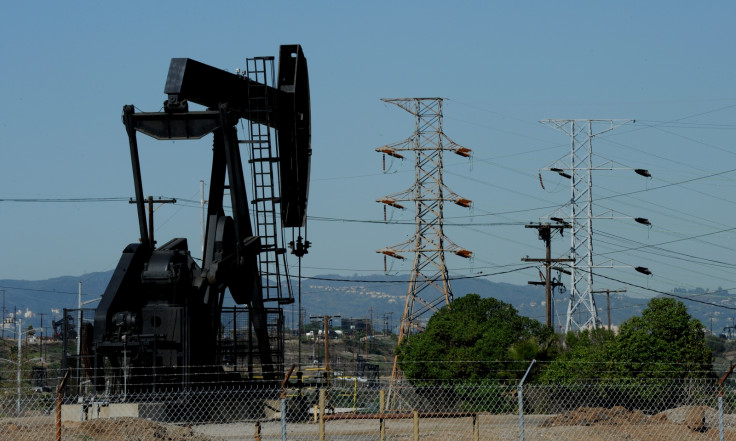Crude oil prices could stabilise over the next six months, says SocGen

The odds of another sharp fall in the price of crude oil are fast receding, according to a prominent commodity analyst.
And oil prices could stabilise over the next six months, said Michael Wittner, global head of oil research at Societe Generale.
Brent crude could trade at an average price of $60 a barrel in the third-quarter of 2015 and then rise to $65 a barrel in the fourth-quarter, according to SocGen.
WTI will track that price, trading at $55 a barrel before rising to $59 a barrel in the final quarter of the year, the French bank added.
...the "window for a correction will be closing in the coming few weeks
Wittner, in an 11 May note to clients, said the "window for a correction will be closing in the coming few weeks".
He highlighted several reasons as to why prices could stabilise over the next six months, including the fact that it comes after the March-to-May quarter, which is usually when global crude supplies are built up.
Crude stockpiles, which indicate an oversupply now, will also be reduced, Wittner stated, as the winding down of refinery maintenance in Europe and Asia means more crude will get processed.
US refineries are also expected to step up a gear and further reduce stockpiles, and Wittner said he expects months of declining US crude production to prop up prices further.
Wittner also said that he continued to include a second-quarter correction in his outlook oil.
Wittner warned: "In recent weeks, physical market reports indicate that a large overhang of Atlantic Basin light sweet crude due to sluggish sales has been weighing on prices, or threatening to do so."
"Also, the technical signals have turned bearish for Brent and WTI."
Vandana Hari, Asia editorial director at Platts, told CNBC that sentiment had been hit this week as the fundamentals for oil are showing no signs of change.
Hari told the news channel: "We still are sitting in an oversupply situation. Stocks are plentiful and demand is not really showing signs of strong growth from any part of the world."
...We think that prices are now more likely to fall than to rise over the remainder of the year
Capital Economics said in an 8 May note: "...the rebound [ in oil prices] over the last few months could simply encourage US firms to restart production, while undermining any pick-up in demand. We think that prices are now more likely to fall than to rise over the remainder of the year."
Oil prices plunged to a low of around $45 a barrel in January, from some $120 a barrel in June 2014.
Prices were dragged down by oil cartel Opec's reluctance to cut its output in the face of booming US production, weak global demand, and a strong US dollar.
© Copyright IBTimes 2024. All rights reserved.






